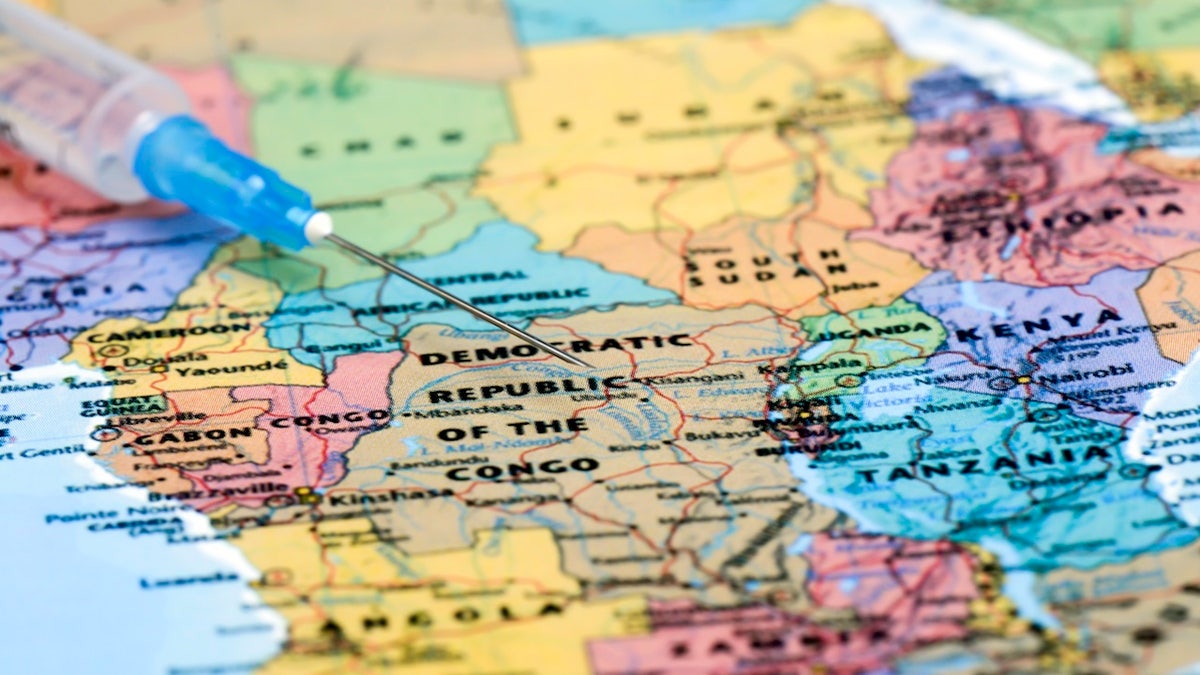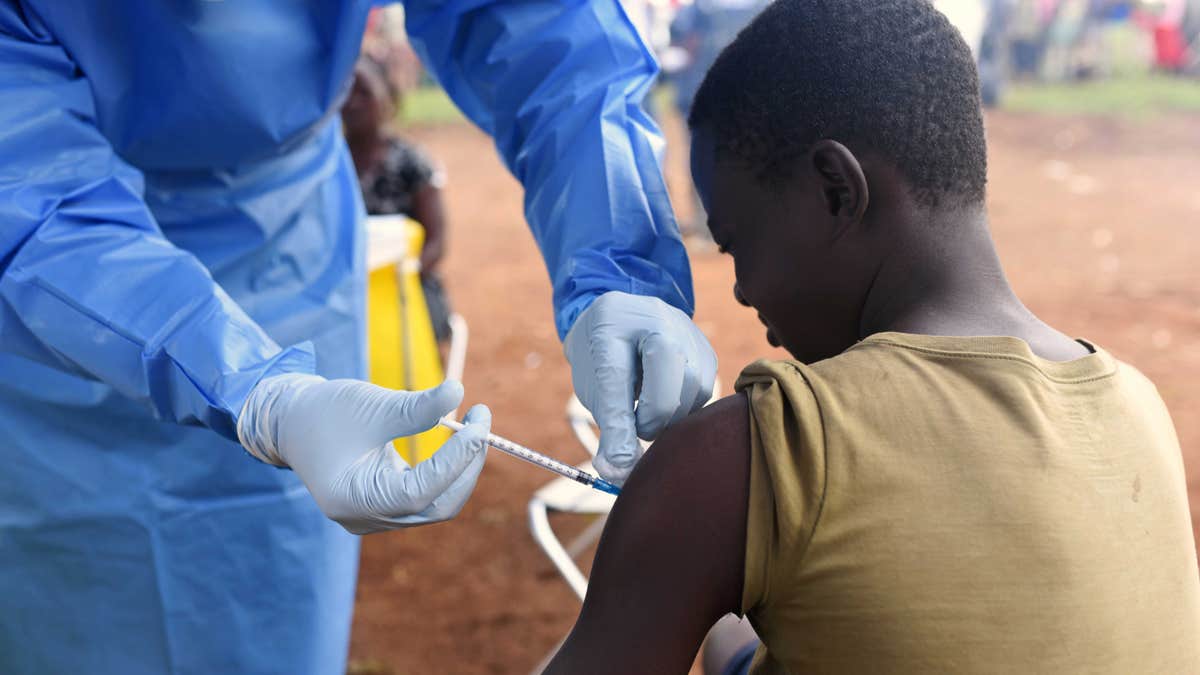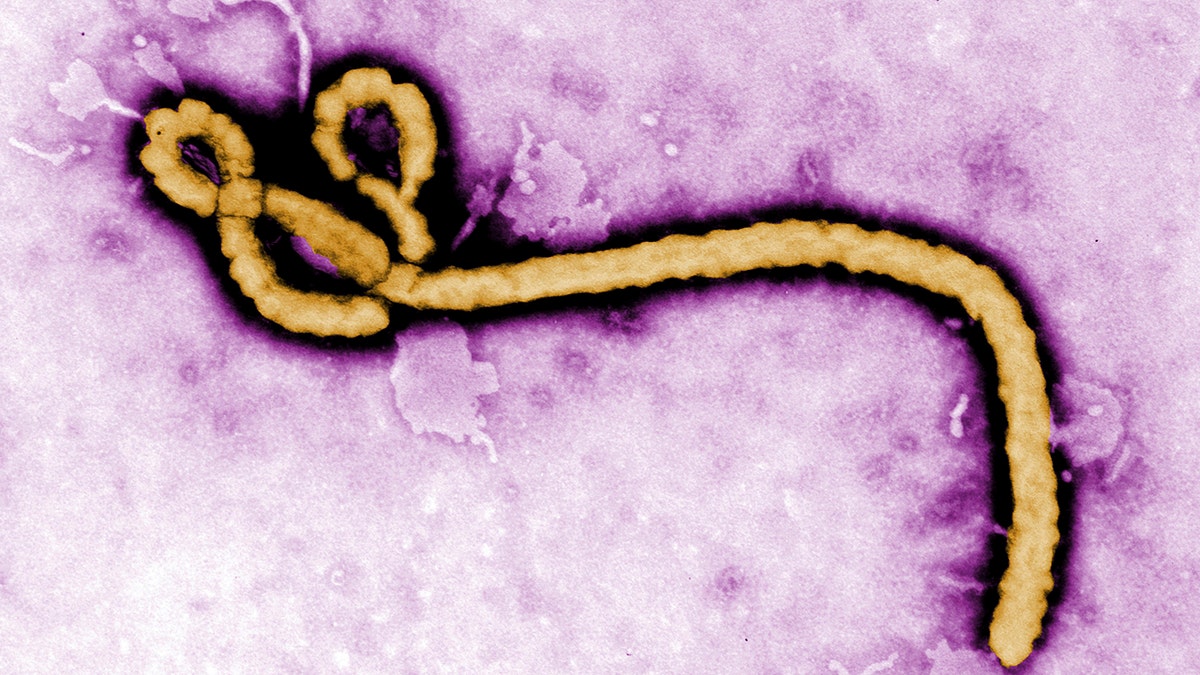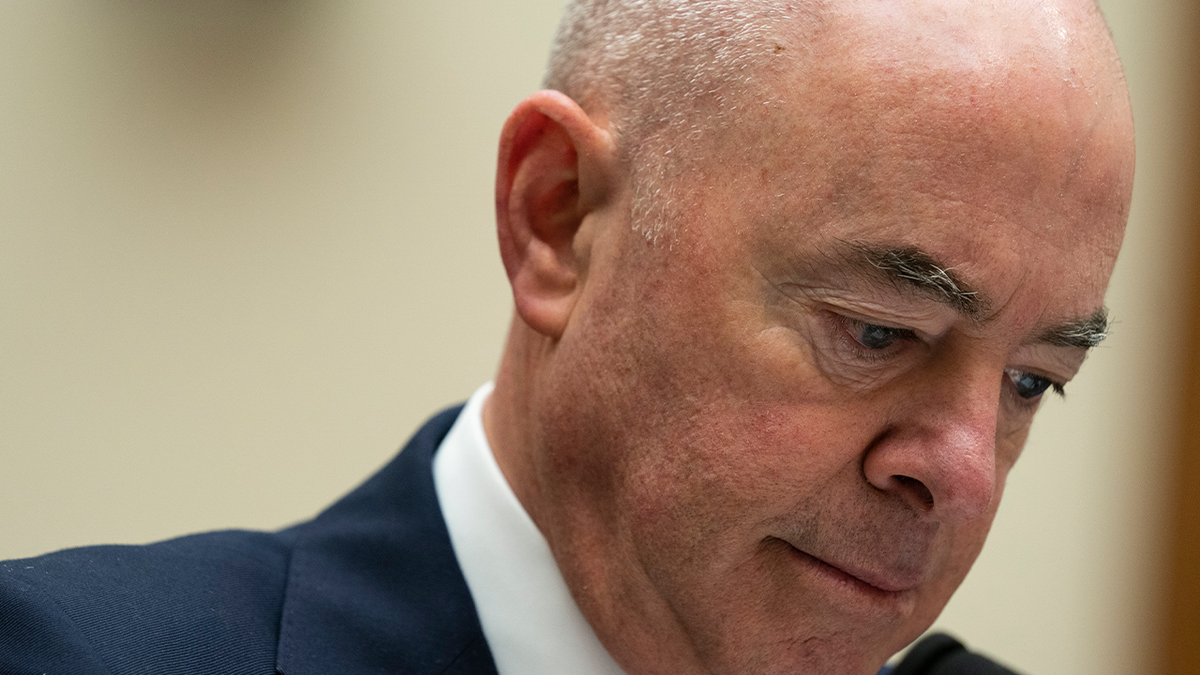An Ebola outbreak has emerged in the Democratic Republic of the Congo (DRC), with a dozen cases and eight fatalities reported in the Bolamba health zone, Équateur Province. This information was shared with the media by Colomba Mampuya, president of the Red Cross/Ecuador committee.
The high fatality rate has raised concerns among health experts. Jacob Glanville, CEO of Centivax, pointed out that this could indicate either underreporting of cases, a more lethal strain, or inadequate medical care. He emphasized the need for immediate sequencing of biopsy samples to determine if a new, more dangerous form of Ebola is circulating. The isolated nature of the affected villages, while potentially aiding containment, may have also contributed to limited access to quality medical care.

Samuel Scarpino, professor of health sciences at Northeastern University, echoed the seriousness of the situation. He stressed the importance of international support for the DRC, including rapid vaccine deployment in and around the affected areas.

Despite the severity of the outbreak in the DRC, both experts agree that the risk to the United States remains incredibly low due to the nature of Ebola transmission, which primarily occurs through contact with symptomatic individuals. They will continue to monitor the situation closely.
About Ebola
Ebola, caused by the orthoebolavirus zairense, is primarily found in sub-Saharan Africa. First identified in the DRC in 1976, the virus can be fatal in up to 90% of cases. Initial symptoms include fever, aches, pains, and fatigue, followed by more severe symptoms like diarrhea, vomiting, and unexplained bleeding. Symptoms typically appear eight to ten days after exposure.

Transmission occurs through contact with bodily fluids of infected individuals or, rarely, infected animals. Preventive measures include avoiding contact with bodily fluids, using appropriate protective equipment, and promptly seeking medical attention if symptoms develop. Two FDA-approved medications (mAb114 and REGN-EB3) are available for treatment, along with supportive care.









